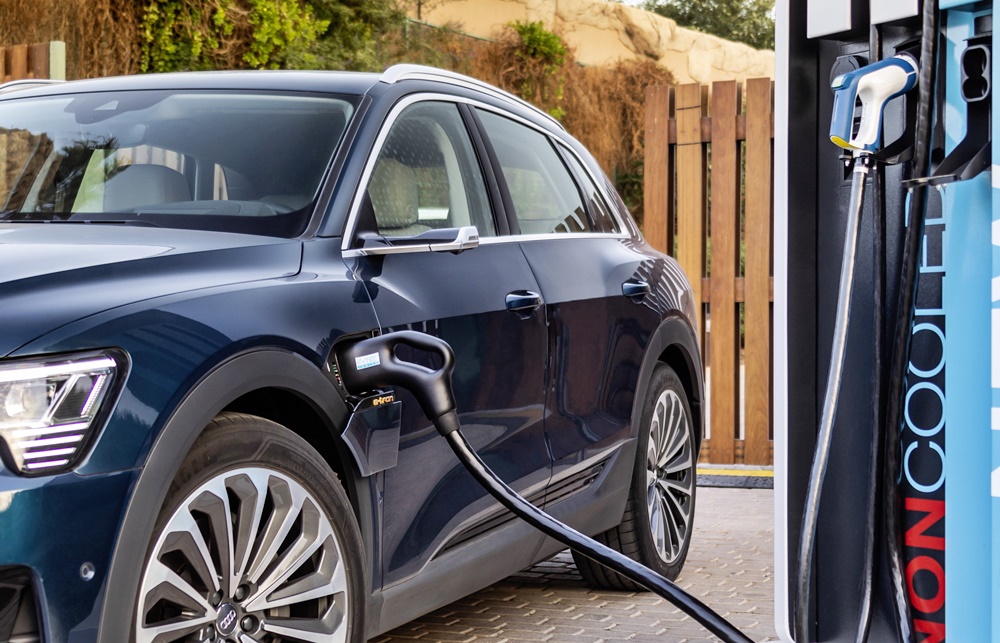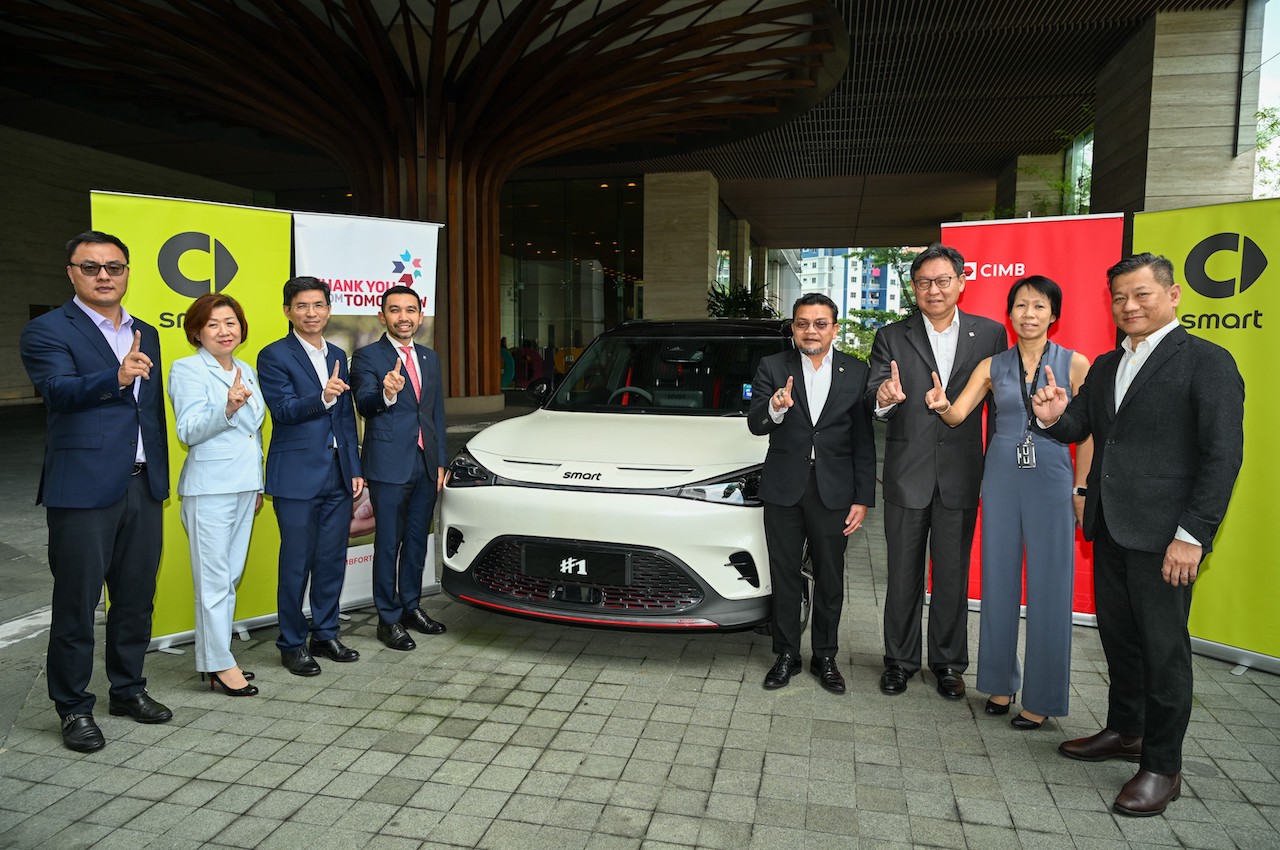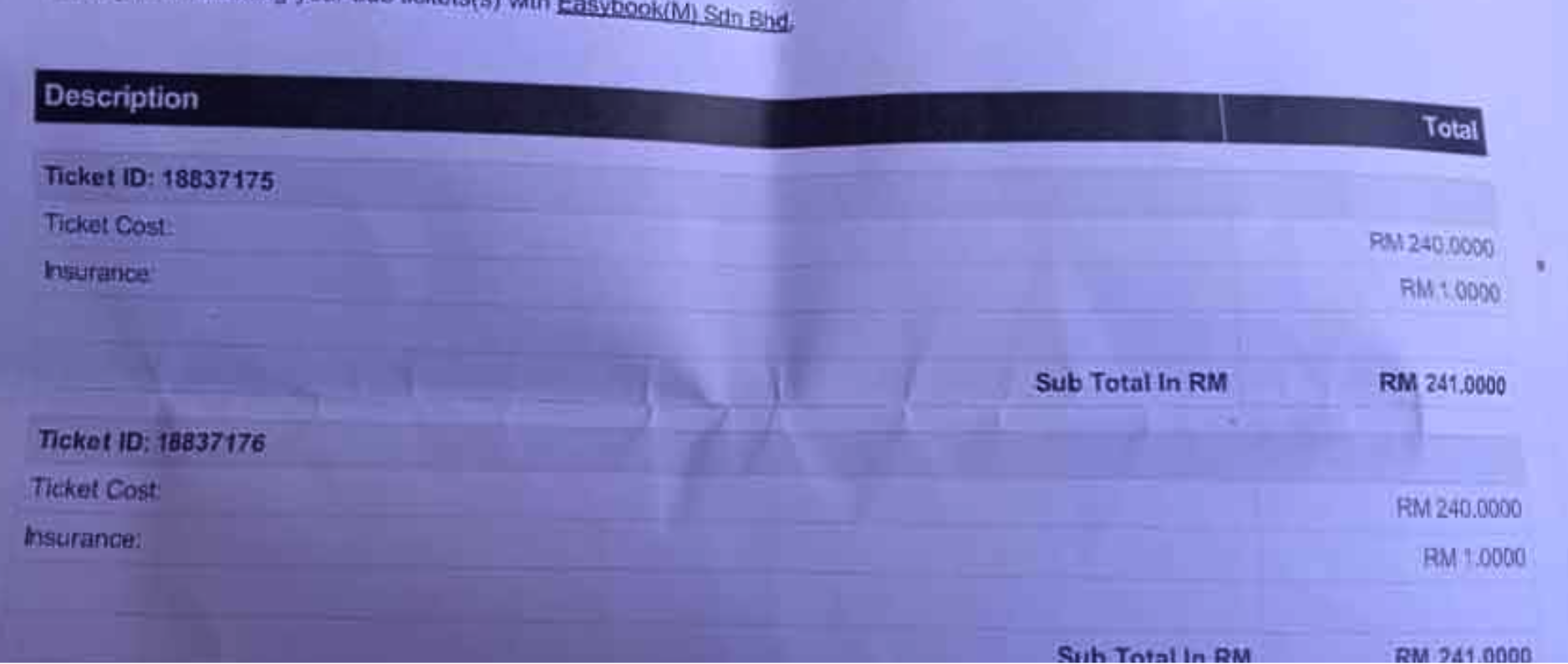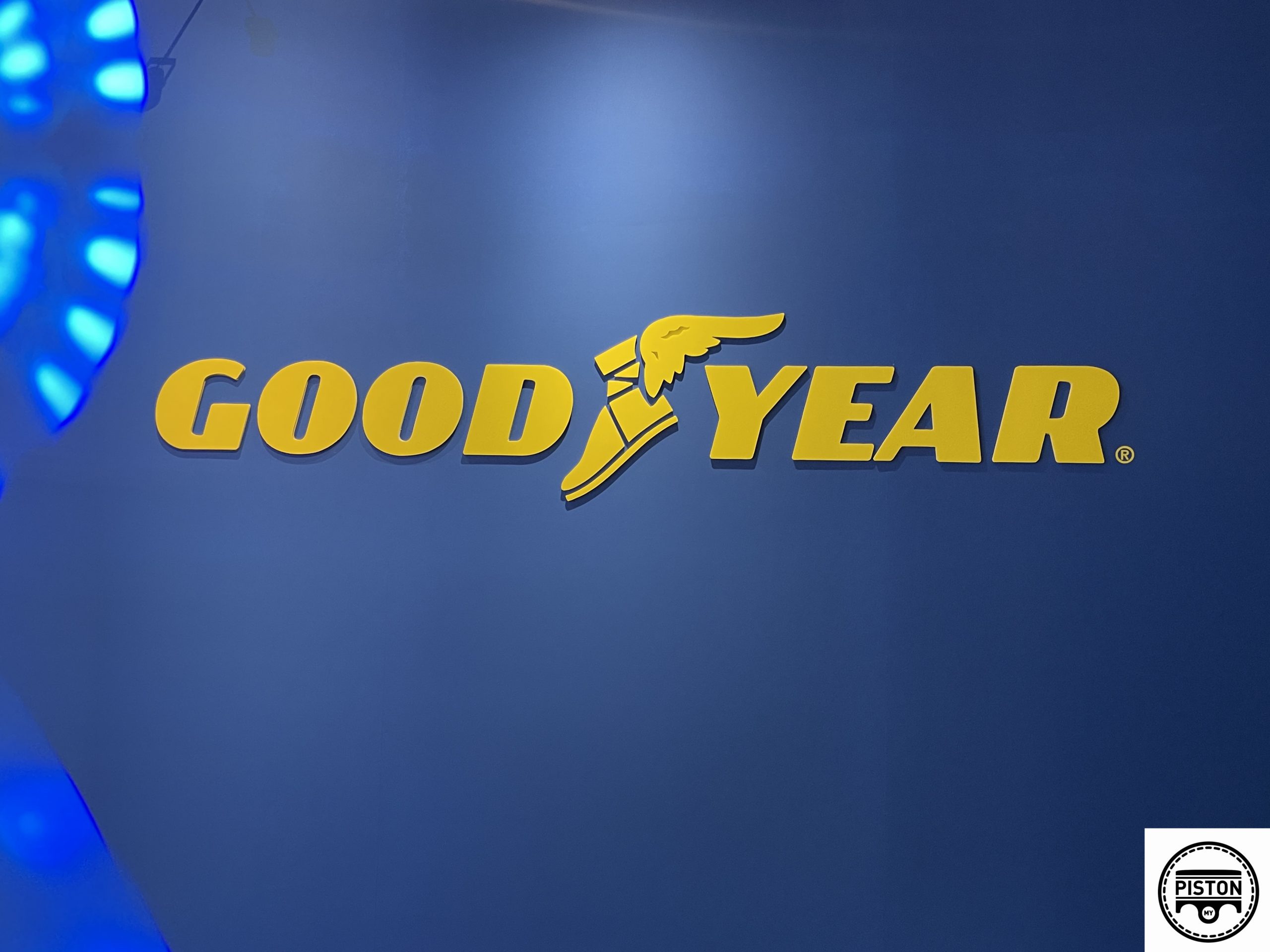It seemed surprising that when the Prime Minister/Finance Minister presented Budget 2023 yesterday, there was no mention of any matters related to the auto industry. In particular, the auto industry was waiting to hear about the extension of the tax-exemption for electric vehicles (EVs) which had been proposed in October. Back then, the proposed Budget 2023 by the previous government had extended the exemption for CBU (completely-built-up) EVs for one more year, ie till the end of 2024. However, as the Budget was not tabled in Parliament, it was not confirmed which is why we had the new one presented yesterday.
The Finance Ministry, through its website, had also posted information regarding this matter as part of the revised Budget 2023 Touchpoints and it’s good news. The exemption of excise and import duties for EVs imported in CBU form will continue till the end of 2025. For companies that assemble EVs locally, the exemptions will be provided till the end of 2027, along with full import duty exemption for components used in the assembly of the EV models. Incidentally, EVs in this case refers only to battery electric vehicles and fuel-cell electric vehicles and not electrified vehicles such as hybrid (HEV) or plug-in hybrid vehicles (PHEVs), for which there are other incentives given.
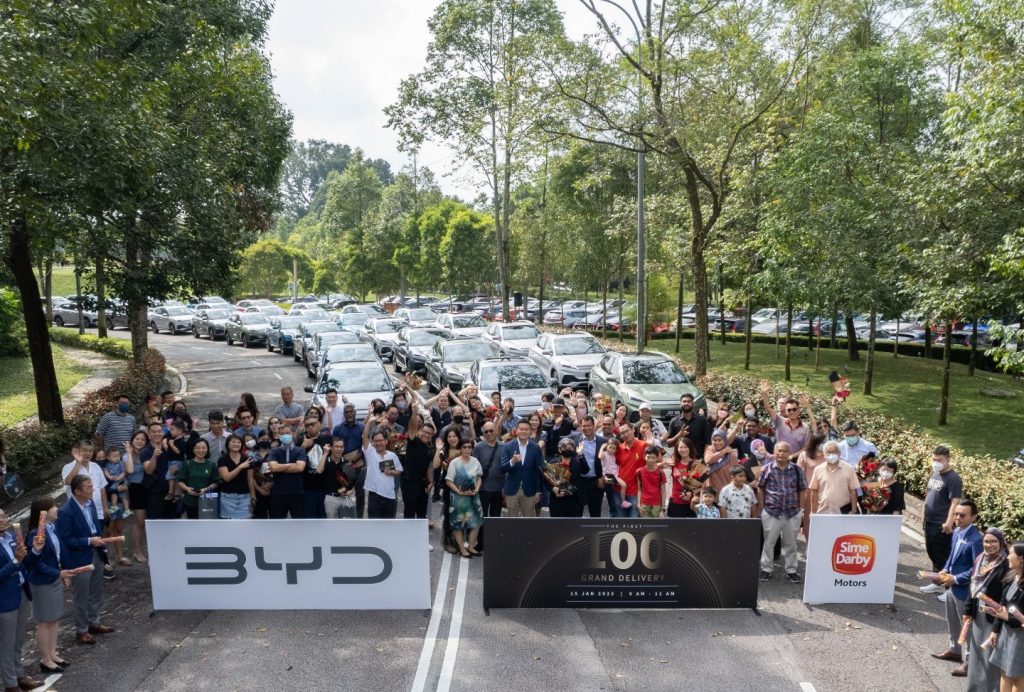
The provisions are in line with the government’s National Automotive Policy 2020 and the Low Carbon Mobility Blueprint 2021 – 2030 which supports the development of the EV industry. In this context, adoption of EVs has also to be promoted, hence the exemptions on import and excise duties for a few years. This will reduce the retail prices of EVs, making them more accessible to a wider group of Malaysian consumers.
The extensions were listed under the subject of Green Practices in Budget 2023. Other initiatives include the Green Technology Financing Scheme (GTFS) with a scope of financing extended specifically to the EV sector amounting to RM3 billion until 2025. There will also be a review and improvement of Green Investment Tax Allowance (GITA) incentives and Green Income Tax Exemption (GITE), while improved solar activity incentives will include Battery Energy Storage System (BESS).
With the development of the EV charging network being a high priority – the government wants 10,000 charging points nationwide by 2025 – companies that manufacture EV charging equipment will be given 100% income tax exemption on statutory income from assessment year 2023 to assessment year 2032 and 100% Investment Tax Allowance for a period of 5 years.
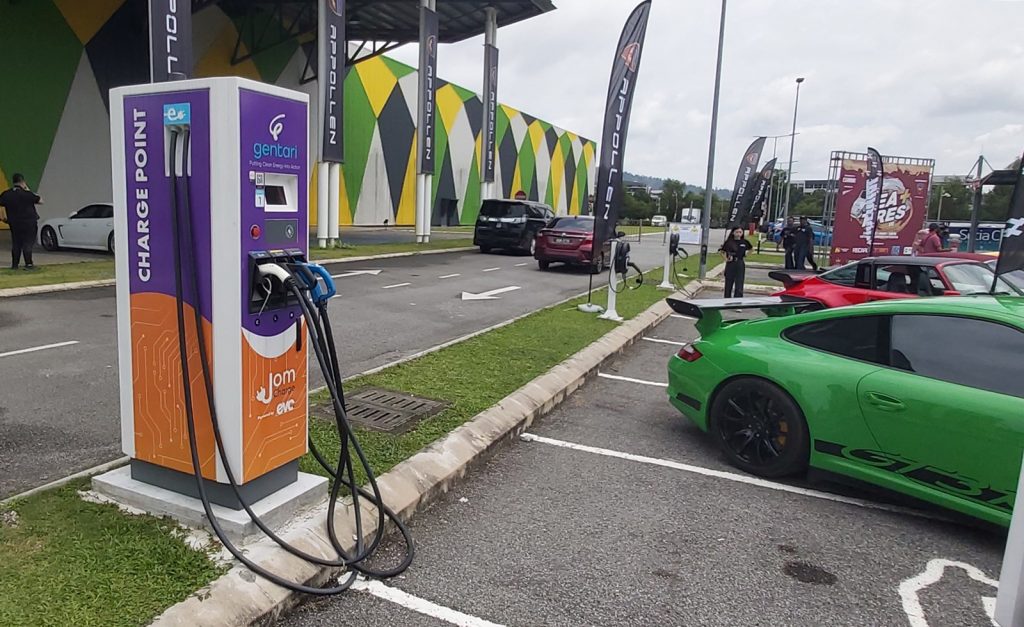
Companies that make early investments are obviously eligible to enjoy the tax exemption for a period up to 10 years and those who commence later will only enjoy whatever is the remainder of the period up till 2032. Applications can be made to the Malaysian Investment Development Authority(MIDA) until December 31, 2025.
For companies which rent non-commercial EVs, there are also tax deductions allowed, with the maximum eligible rental amount limited to not more than RM300,000. This proposal by the Finance Ministry replaces the current tax deduction provisions of up to RM100,000 for EVs costing not more than RM150,000, and RM50,000 for those that exceed that price.
The Finance Ministry also proposes a review of excise duty and sales tax exemption on the sale or transfer of individually owned taxis and hire-cars. Since Budget 2012, excise duty and sales tax exemption have been allowed on the sale/transfer/private use/disposal of budget taxis and hire-cars subject to certain conditions which include the vehicle age being not less than 7 years from the date of registration.
For Budget 2023, the proposal is expand the excise duty and sales tax exemption on sale/transfer/private use/disposal of individually owned taxis and hire-cars. Instead of the restriction to just budget taxis and hire-cars, other types of taxis will also be eligible. Additionally, the vehicle age condition is the be reduced to a minimum of 5 years from the date of registration. This proposal is intended to assist individual taxi owners affected by the COVID-19 pandemic and will be subject to approval by the Customs Department.


